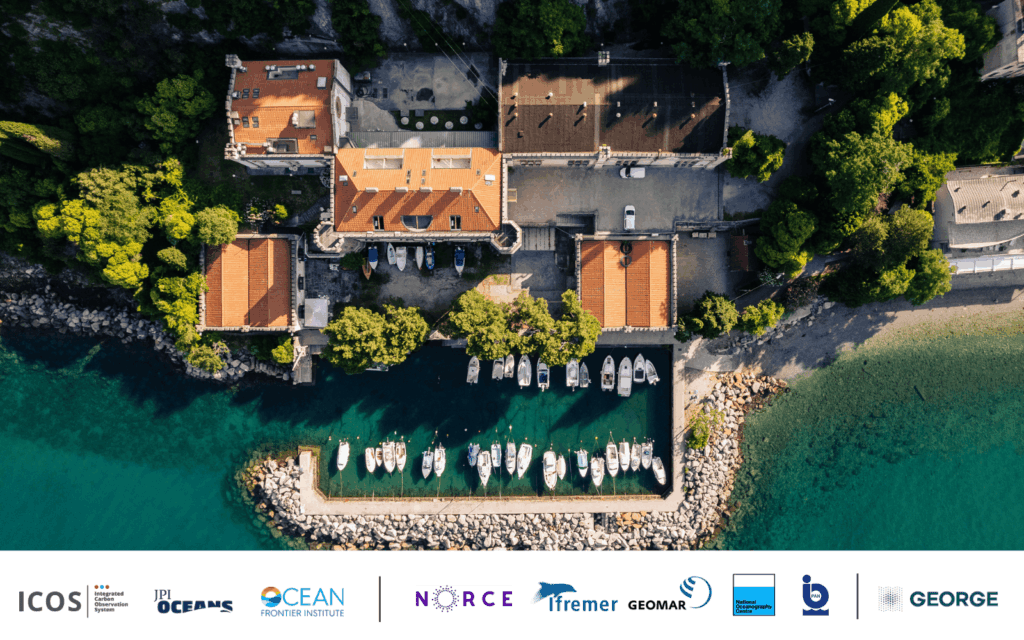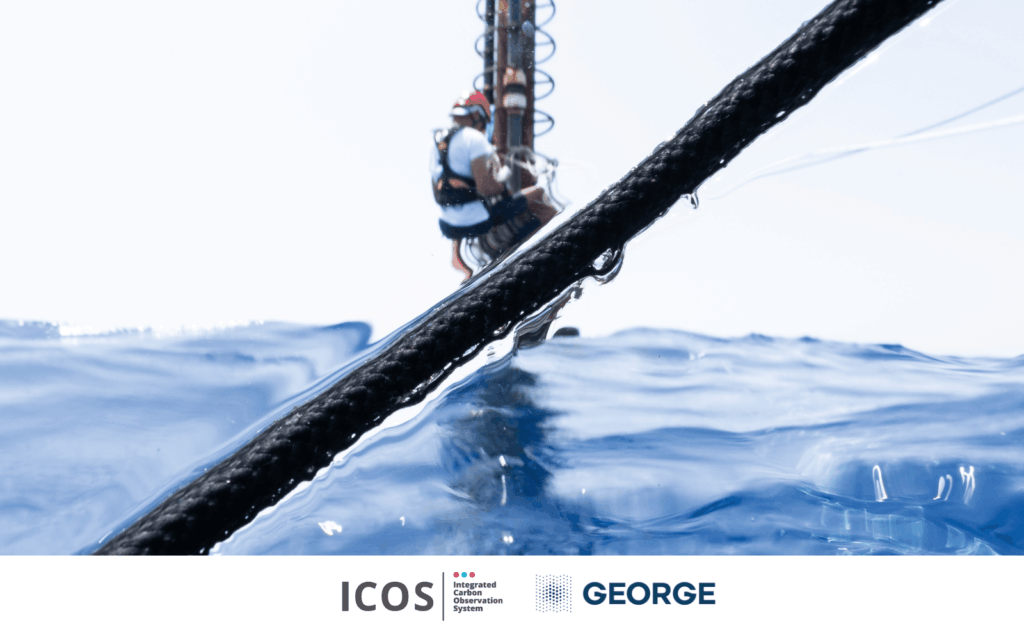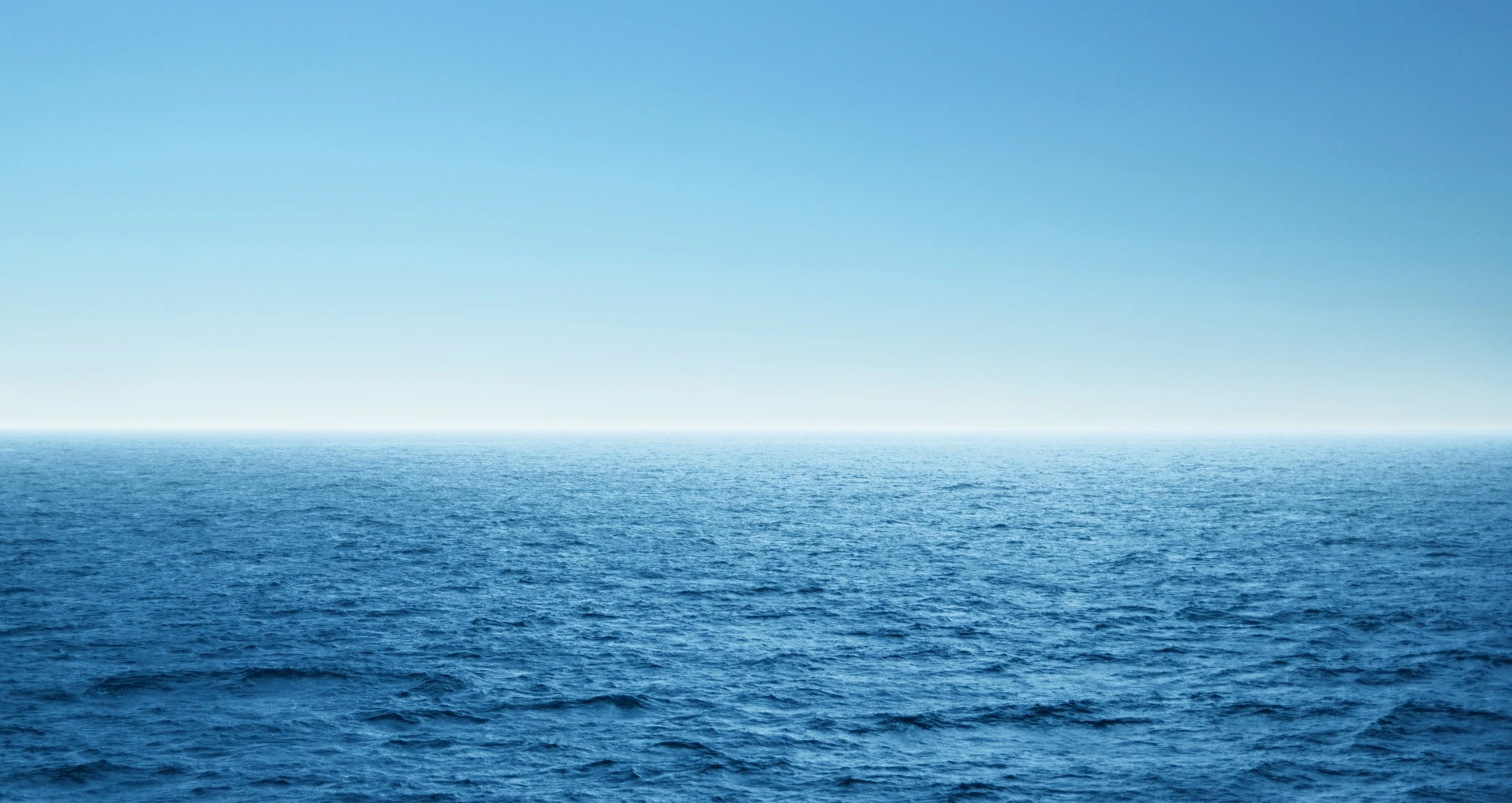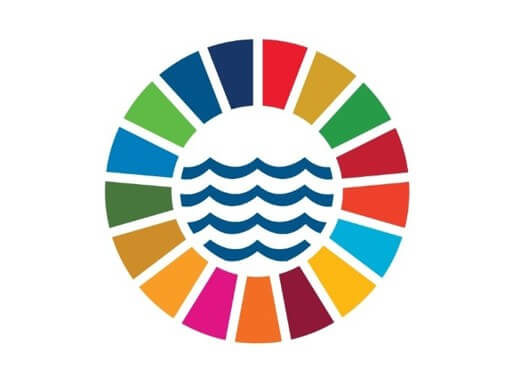The high-level 2025 United Nations Conference to Support the Implementation of Sustainable Development Goal 14: Conserve and sustainably use the oceans, seas and marine resources for sustainable development (the 2025 UN Ocean Conference) will be co-hosted by France and Costa Rica and held in Nice, France, from 9 – 13 June 2025.
The overarching theme of the Conference is “Accelerating action and mobilizing all actors to conserve and sustainably use the ocean”. The Conference aims to support further and urgent action to conserve and sustainably use the oceans, seas and marine resources for sustainable development and identify further ways and means to support the implementation of SDG 14. It will build on existing instruments to form successful partnerships towards the swift conclusion and effective implementation of ongoing processes that contribute to the conservation and sustainable use of the ocean.
The Conference will involve all relevant stakeholders, bringing together Governments, the United Nations system, intergovernmental organizations, international financial institutions, other interested international bodies, non-governmental organizations, civil society organizations, academic institutions, the scientific community, the private sector, philanthropic organizations, Indigenous Peoples and local communities and other actors to assess challenges and opportunities relating to, as well as actions taken towards, the implementation of Goal 14.
The Conference will build on the previous UN Ocean Conferences, hosted by Sweden and Fiji in 2017 in New York and by Portugal and Kenya in 2022 in Lisbon.
GEORGE partners are prominently featured in the UN Ocean Decade Conference side event programme. Below is a list of side events hosted by GEORGE partners or funded by GEORGE.
From Science to Solutions: Advancing the Ocean Carbon System for Climate Action
UN Ocean Decade Conference 2025 off-site side event hosted by ICOS, JPI Oceans & Ocean Frontier Institute .
Date & time: 12 June 2025, 14:00-16:00
Location: Theatre de la Semeuse, 2 Mnt Auguste Kerl, 06300 Nice, France,
How to participate: The event is open to anyone and free-of-charge. Due to limited capacity, registration is required. Register here.
About
The ocean is the largest carbon sink on Earth, absorbing a quarter of anthropogenic CO₂. Yet the ocean carbon value chain is under immense strain: gaps in observation, declining data quality, and fragilities regarding core measurement standards limit its impact on climate policy.
This side event builds on the 2023 Ostend Declaration to connect scientific progress with the systems needed to support it – governance, funding, innovation, and collaboration.
It will highlight updates on developing a global ocean carbon observing system and explore how to translate science into action through data management, innovation, public policy, and capacity building. Cross-sector experts will outline next steps to strengthen the value chain and accelerate climate solutions.
See the full event page and register here.
This event is hosted by ICOS, JPI Oceans & Ocean Frontier Institute and co-hosted by Institute of Oceanology PAN (IOPAN), NORCE Norwegian Research Centre AS, GEOMAR Helmholtz Centre for Ocean Research Kiel, National Oceanography Centre (NOC) and Ifremer.

Consolidating the European leadership in the implementation of OneArgo
Euro-Argo side event at European Digital Ocean Pavilion.
Date & time: 12 June 2025, 15:30-16:15
Location: European Digital Ocean Pavillion, Palais des Expositions, Nice, France.
How to participate: The event is open to anyone and free-of-charge. Read more.
The International Argo Programme, which was established in 1999, is a major component of the ocean observing system. Argo delivers quality-controlled data and data products that are essential for operational communities such as the Copernicus Marine Service, other Copernicus Services and meteorological services. Euro-Argo is the European contribution to the programme. Its specific objectives were up to now to cover 25 % of the global array while focusing on European marginal seas.
The International Argo Programme is currently transitioning to OneArgo, a project endorsed by the UN Ocean Decade. The objective of OneArgo is to create a fully global, top-to-bottom, dynamically complete, and multidisciplinary Argo Programme that will integrate seamlessly with satellite and other in situ elements of the Global Ocean Observing System. This integrated system will deliver operational reanalysis and forecasting capability, and assessment of the state and variability of the climate system with respect to physical, biogeochemical, and ecosystems parameters.
The aim of the roundtable is to discuss the framework conditions and the financial challenges that need to be addressed to implement OneArgo and consolidate the European Argo leadership in the midst of global geopolitical uncertainties. The discussion gathers scientific experts, operational users and policy makers.
Read more on the European Digital Ocean Pavilion website.
Enhancing Ocean Carbon Monitoring to Support the Paris Agreement
ICOS side event at European Digital Ocean Pavillion at the UN Ocean Decade Conference 2025
Date & time: 12 June 2025, 16:30-17:15
Location: European Digital Ocean Pavillion, Palais des Expositions, Nice, France.
How to participate: The event is open to anyone and free-of-charge. Read more.
About
The ocean is a major carbon sink, absorbing a significant share of anthropogenic CO₂ emissions. Long-term, near-real-time monitoring of ocean carbon fluxes is essential for assessing progress under the Paris Agreement and informing climate policy. However, significant observational gaps persist, particularly in regions lacking resources and infrastructure, limiting the reliability of global assessments.
Technological advancements are improving the accuracy and efficiency of ocean carbon observations. Innovations in sensor technology, autonomous measurement platforms, and enhanced data processing are expanding monitoring capabilities. Strengthening international collaboration will be key to building a more comprehensive and policy-relevant global monitoring system – but more actions are needed to ensure the sustainability of this system.
This event will discuss the following three points
- Scientific priorities for ocean carbon monitoring – addressing data gaps and improving long-term observations.
- Technological innovations – advancing sensors, autonomous platforms, and data
- The global ocean carbon observing system and new developments – establishing standards and regulations for the monitoring, reporting and verification (MRV) of marine carbon dioxide removal (mCDR) interventions
See the event page here and the agenda for the European Digital Ocean Pavilion here.



